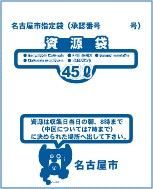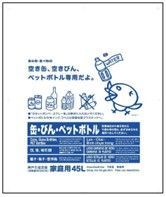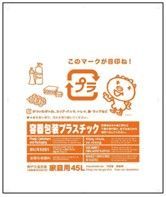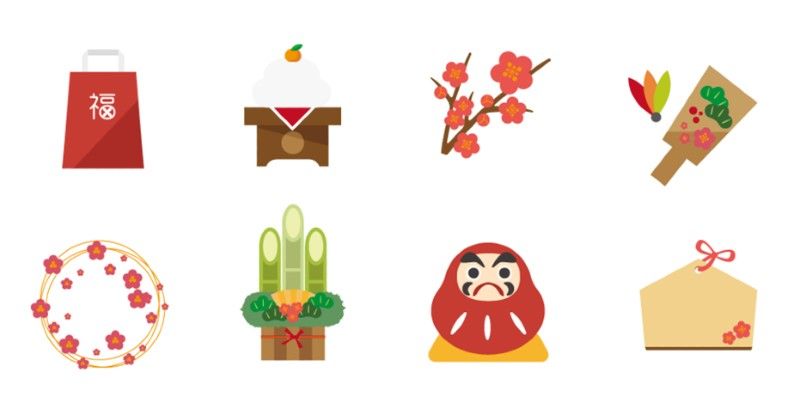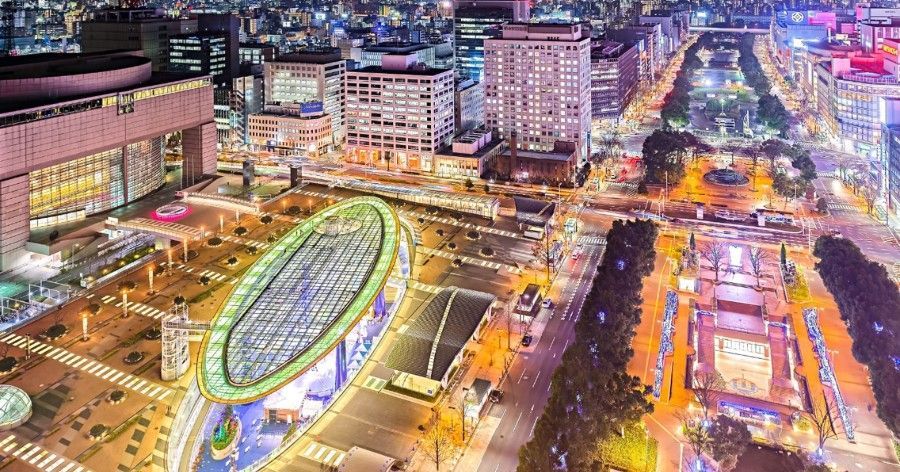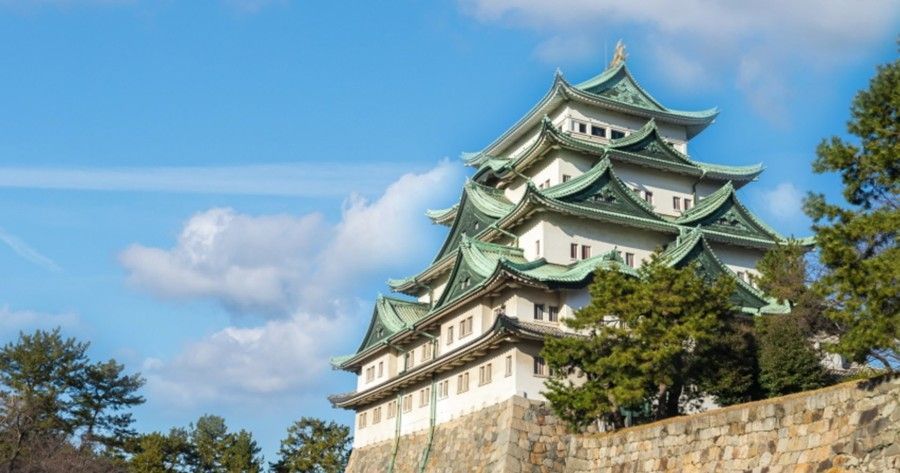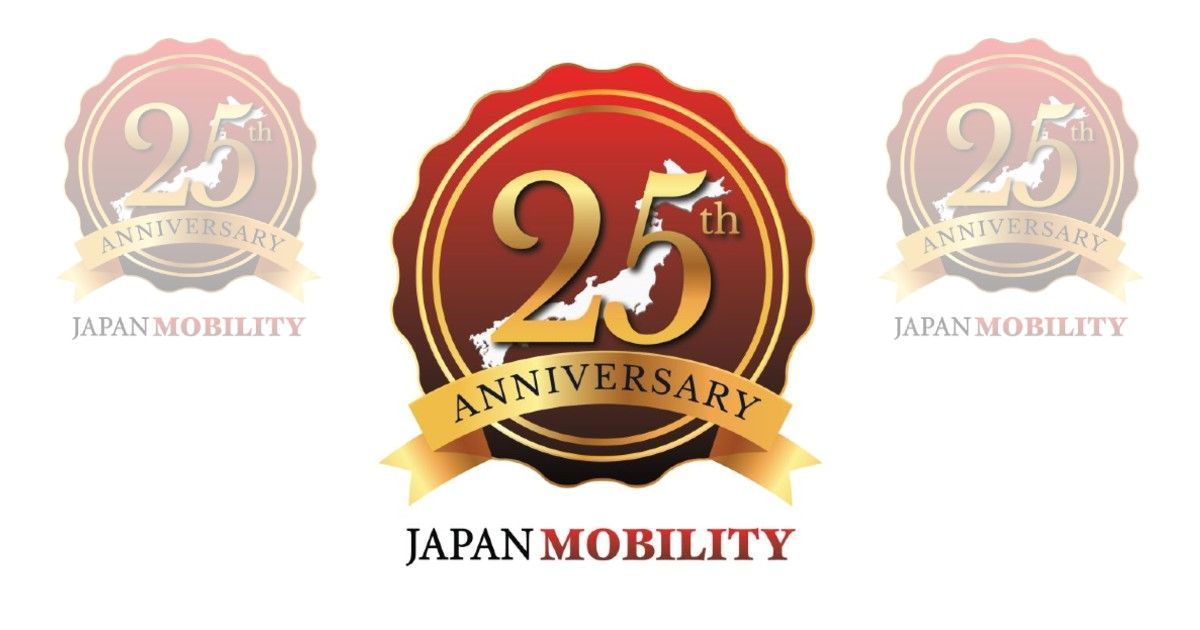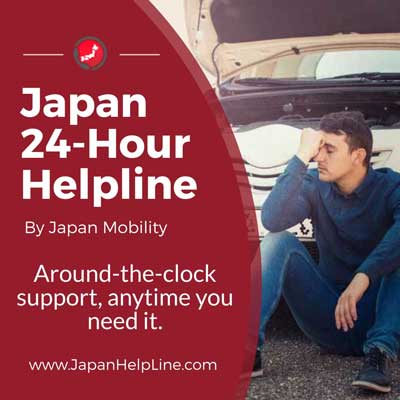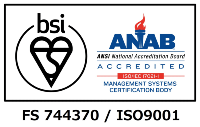You'll often hear people referring to plastic bottles as “PET bottles” in Japan. No, this isn’t the result of a child’s wild imaginary pet bottle that he takes out for walks and secretly feeds his leftovers to, this stands for polyethylene terephthalate, but I think I’ll stick with PET for now; we’re trying to be economical, after all. (That and I don’t get paid by word count!)
What A Load of Rubbish! Part 2: Recycling Plastic Bottles, Containers and Cans
In our last article, I provided some information on how to dispose of burnable waste, which I hope was of some use to you all (and I hope you weren't attacked by any crows or neighbours for that matter...). We can't burn everything, so this time around I want to look at Japan's very impressive and equally confusing recycling system. Don't worry, it's another one of those things that once you get the hang of it, it'll soon become second nature.
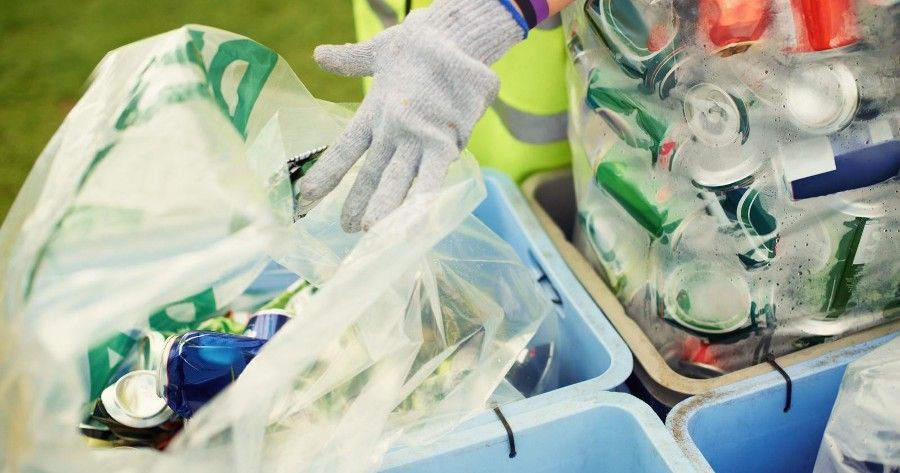
Bags for Recycling
Before we get into this article's recyclables, let's have a quick look at the bags and collection methods. Make sure you are aware of the type of bag you should use. As with burnable garbage, each area will have a specified bag to use and if not, a transparent/translucent bag is acceptable. In most cases, you'll need to separate each type of recyclable into its own bag, although the bag itself should be the same type. For example, plastic bottles, paper and cans will all go in the same type of bag, but each must be separated, meaning you'll have three of the same bag in this case.

However, be aware that some areas have different bags for different types of recycling as well and some items may not even need bags at all! Follow the instructions from your building's management company to be safe.
If you live in a modern apartment, the chances are that you can dispose of your recyclables on any day at any time in the designated garbage disposal area. However, if you live in a house or an apartment that doesn't have a garbage area, you will likely need to take your recycling to a specific spot, which may be a few minutes' walk from your home. This could be down the end of your road or in a nearby park, which is designated by the local authorities, information for which should be provided by your management company.
One more thing to note is that the expectation is that all recyclables, whether plastic, metal or paper, are rinsed before disposal. It's not likely that they will refuse collecting them if they are a bit dirty but a quick rinse after use to avoid sauces or other food solidifying will go a long way!
And with all that ado, let's have a look the main recyclables in Japan.
Common Items for Recycling in Japan
Plastic (PET) Bottles - ペットボトル
The scourge of the seven seas. Plastic is so abundant in Japan that many foreigners can be quite shocked when so many other countries are actively trying to reduce its usage. While there have been some movements in Japan to follow suit, it's still a common sight to see individually wrapped bananas and plastic wrapped in plastic wrapped in more plastic. They just can't get enough of it! Luckily the country pushes just as hard to recycle it, so let's make sure we keep the plastic out of oceans and incinerators and in the recycling factories instead.
Plastic Containers
The scourge of the seven seas. Plastic is so abundant in Japan that many foreigners can be quite shocked when so many other countries are actively trying to reduce its usage. While there have been some movements in Japan to follow suit, it's still a common sight to see individually wrapped bananas and plastic wrapped in plastic wrapped in more plastic. They just can't get enough of it! Luckily the country pushes just as hard to recycle it, so let's make sure we keep the plastic out of oceans and incinerators and in the recycling factories instead.
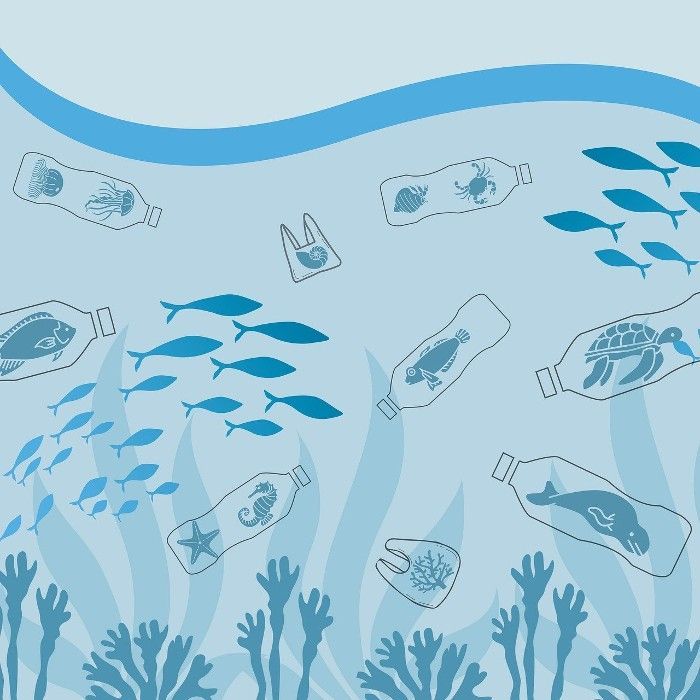
Cans
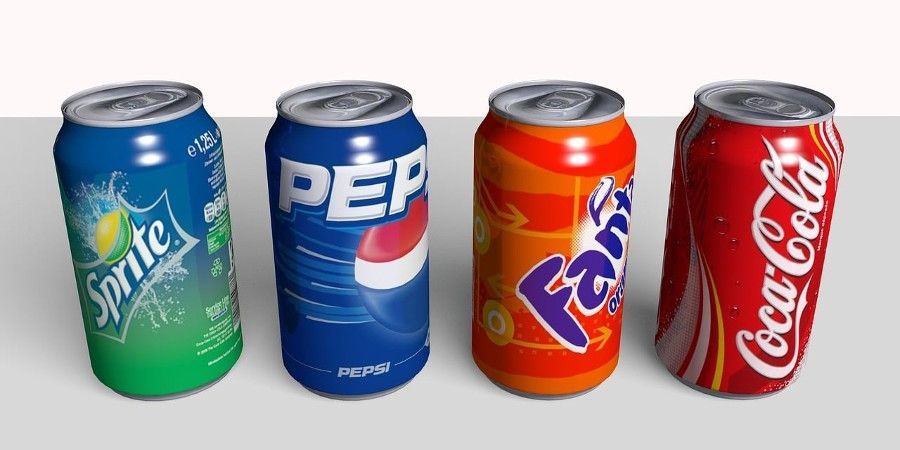
This generally covers aluminium cans (or aluminum if you're American) used for drinks and food, not larger metal containers for paint etc. You'll either be required to put them in a plastic bag or directly into a designated basket, placed in the garbage collection area I mentioned above. This will usually differ between cities or wards and is not determined by the building management, so it should be fairly easy to find out how you should dispose of them. Any cans not used for food or drink should be disposed of with "non-burnable garbage", which I will look at in a future article. This also applies to steel cans as well, which should also go in with the non-burnable or a separate basket depending on your area. Most cans will be aluminium, but make sure to check the can for the symbols below before throwing them away.
This generally covers aluminium cans (or aluminum if you're American) used for drinks and food, not larger metal containers for paint etc. You'll either be required to put them in a plastic bag or directly into a designated basket, placed in the garbage collection area I mentioned above. This will usually differ between cities or wards and is not determined by the building management, so it should be fairly easy to find out how you should dispose of them. Any cans not used for food or drink should be disposed of with "non-burnable garbage", which I will look at in a future article. This also applies to steel cans as well, which should also go in with the non-burnable or a separate basket depending on your area. Most cans will be aluminium, but make sure to check the can for the symbols below before throwing them away.

Steel

"alumi"
(aluminium)
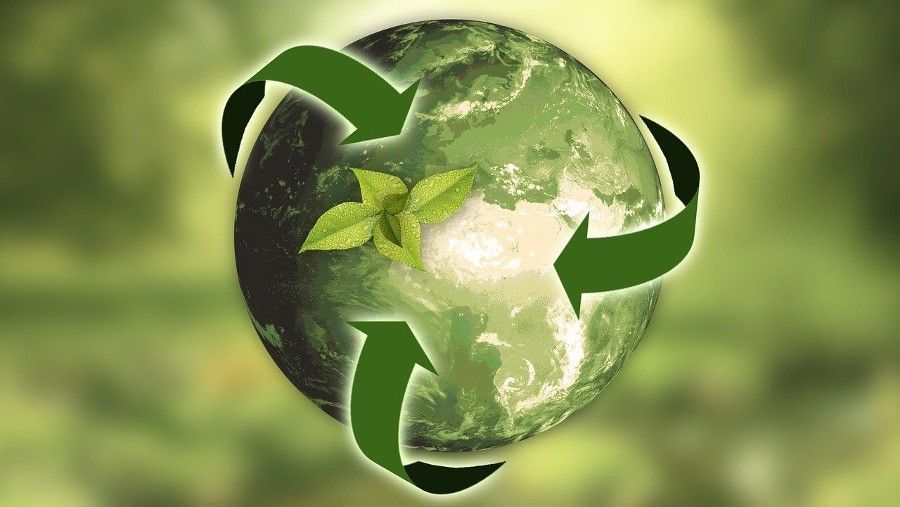
I hope that this article has been helpful and insightful and good luck with your recycling duties! Try not to throw everything in with the burnable garbage, even if it is collected without question. You may even see some of your neighbours dumping everything into one bag, but do your best not to follow suit.
In the next article, I will be looking at other recyclable items, so look out for this in the near future!





